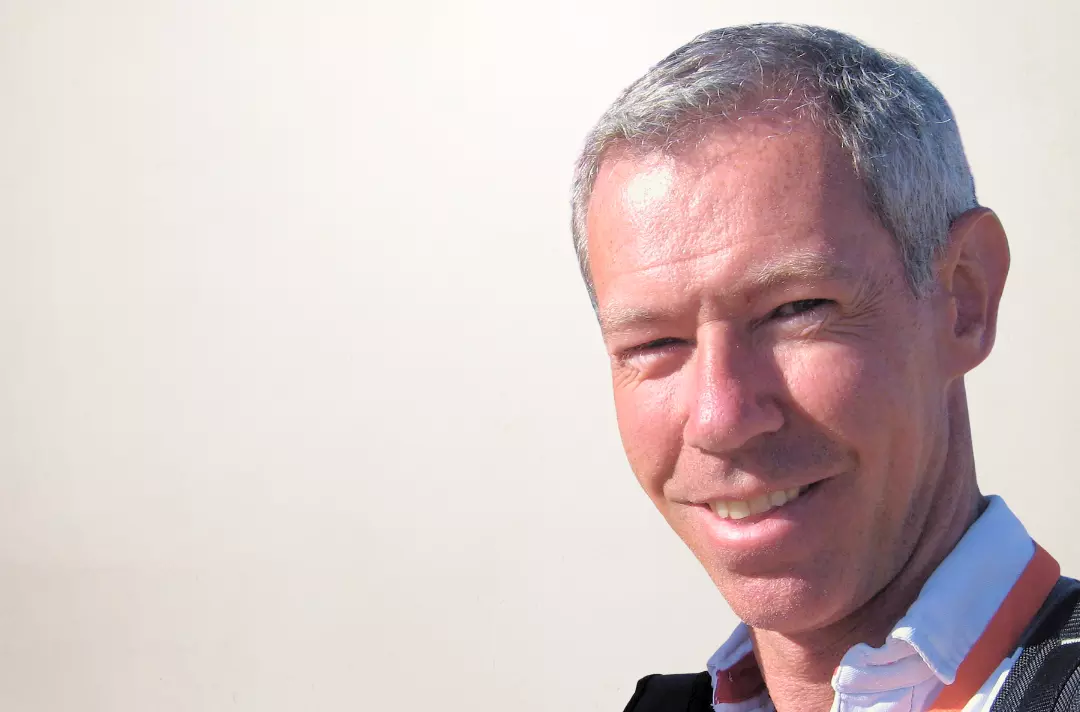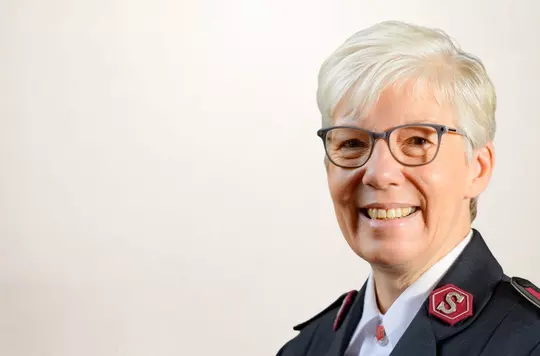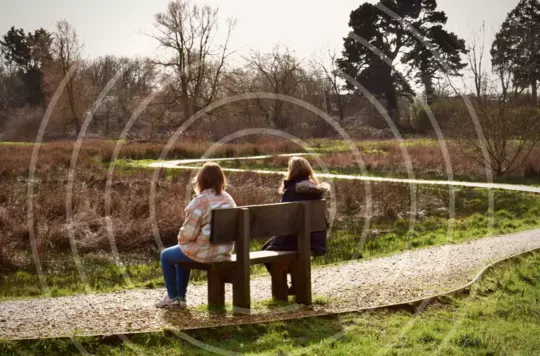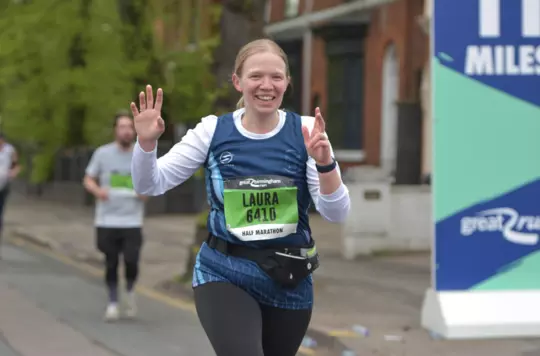16 May 2023
The Counselling Service: When I needed a neighbour…
Major Richard Guadion

Major Richard Gaudion talks to Salvationist about wellbeing and fullness of life.
With 10 years’ experience working within the Well Being Department, Deputy to the Head of the Counselling Service Major Richard Gaudion is an experienced counsellor and psychotherapist. As the Counselling Service turns 50 years old, Major Richard talks about supporting those involved in the Army’s mission and ministry.
Why does the Army have a Counselling Service?
The service started in Whitechapel in 1972 with Colonels Harry and Margaret Dean. They had a vision to give officers a confidential space where they could talk freely without fear of their material being shared with anyone, including a more senior leader.
People come to us for any number of reasons, but it’s important they feel safe and not judged. We provide a confidential space where they can express what’s on their hearts and minds. I like to see the client and myself as fellow travellers; I have the privilege of journeying alongside somebody who is sharing what’s going on in their life.
The service doesn’t report anything back to anybody, but we do have the opportunity of presenting to Cabinet themes that have arisen during the previous year. It’s important they’re aware of the issues that clients are bringing to us. However, there’s never any identification of where that material came from.
Who’s the service for?
We have a specific remit from THQ about who they want us to see: officers, envoys, pioneer leaders, cadets, applicants for officership, senior managers and staff who have experienced a critical incident – such as a death in a Lifehouse or Older People’s Services. Also, we provide help to children of officers, whether they are young or adult. Where capacity allows, we will see other Salvationists and members of the public. If we’re unable to see a client, for whatever reason, we’ll do our best to find them a qualified therapist in their area, so nobody’s ever excluded.
Does the team have professional training?
Being an in-house counselling service can bring into question the professional status and quality of our work. All our counsellors are professionally trained to degree or postgraduate level, and all are members of a regulatory body. I’m currently required to complete a minimum of 30 hours’ extra study each year to ensure I’m up to date with the latest understanding, research and best practice.
We are often asked if we offer Christian counselling. We don’t offer Christian counselling, per se, but we do offer counselling in a Christian environment. However, if clients want to talk about their faith, of course we’ll journey with them, as much as we would with a person of any other faith.
Are there common themes that come up in sessions?
Every Salvation Army leader is human. None of us is immune to the realities of life and it’s important that we listen to our bodies and our minds. We get the same presentation of issues that any counselling service would. Umbrella themes include anxiety, depression, self-harm, stress and low self-esteem.
We often sit with people who say something like: ‘I should be able to cope. Does this mean my faith is weak? Or that my relationship with God is failing?’ The courage in acknowledging the need of help is the first step of the journey towards wholeness and dealing with that misplaced shame.
When people are going through psychological or emotional distress, they’re unable to live life to the full. John 10:10 is a beautiful verse that our department has taken to heart, where Jesus reminds his hearers: ‘I have come that they may have life ... to the full’. Wellbeing embraces all aspects of an individual’s life – spiritual, emotional, psychological and physical – and is the fulfilment of Christ’s offer of ‘abundant life’.
Tips to help each other
- Ask twice ‘How are you?’ will get a response, but be genuinely interested in the answer.
- Listen You don’t need to give advice – just be there for somebody.
- Don’t try to fix it You’re not the expert in somebody’s life; they’re their own expert.
Discover more

Colonel Jenine Main reflects on how she looks after her wellbeing.

Grace Ball asks what we are doing to support young people.

Laura-Jane Kingscott shares how running has helped her recover from a difficult season and meet new people.
